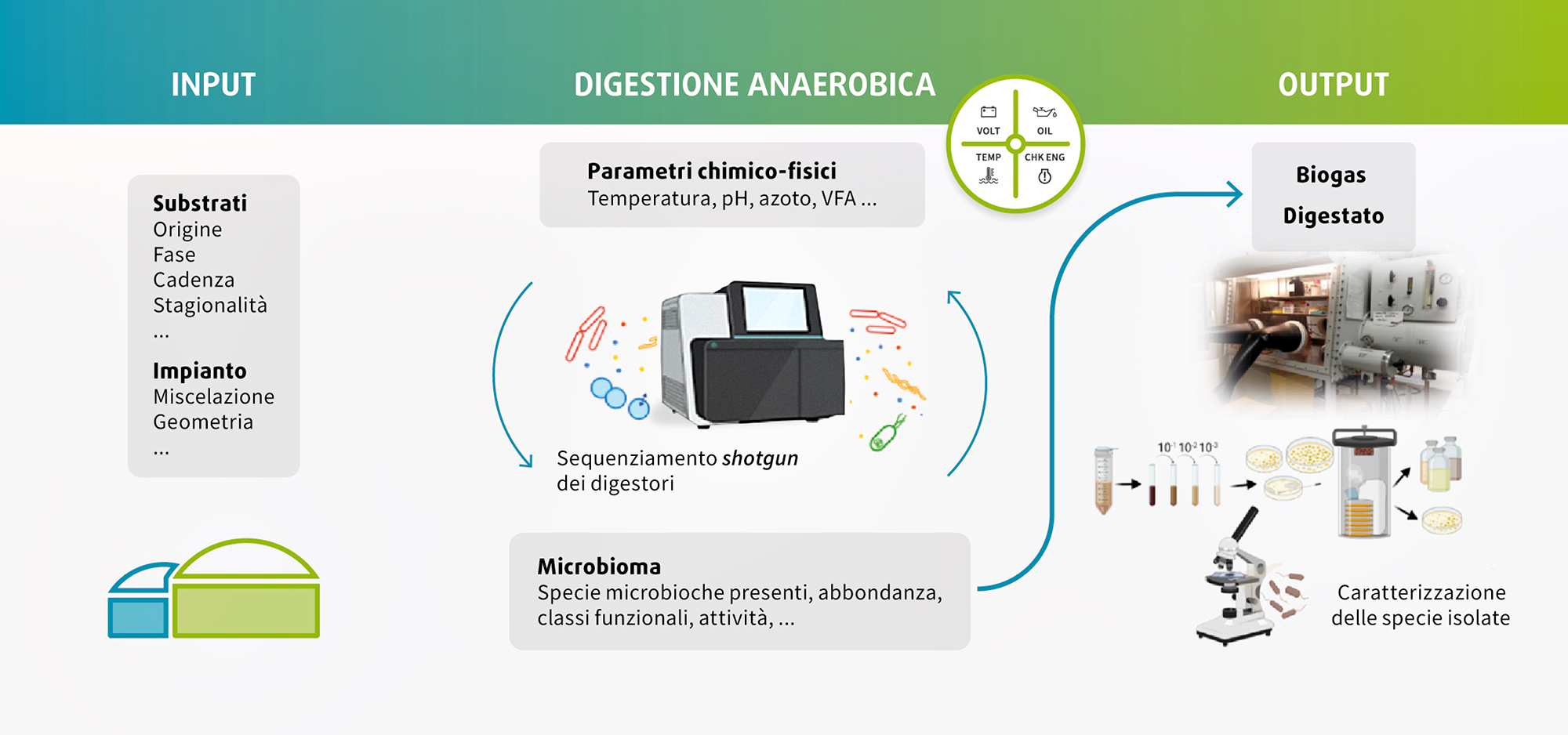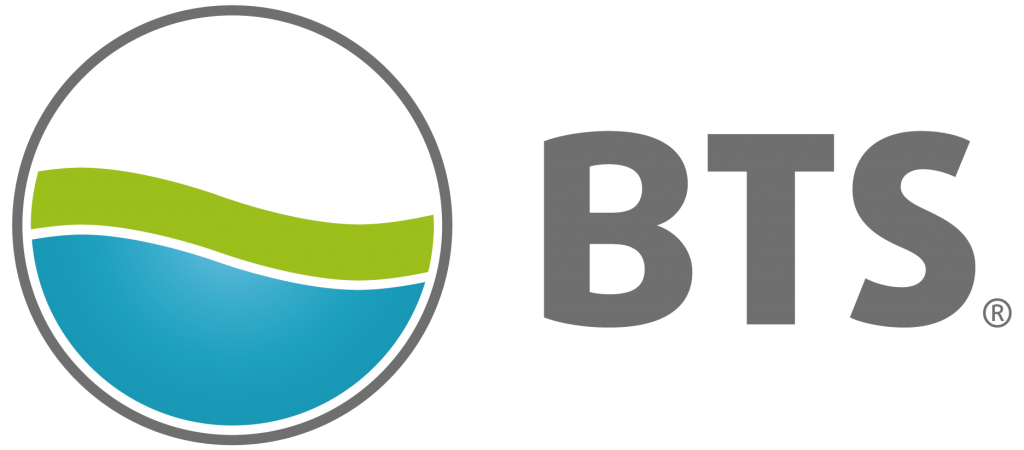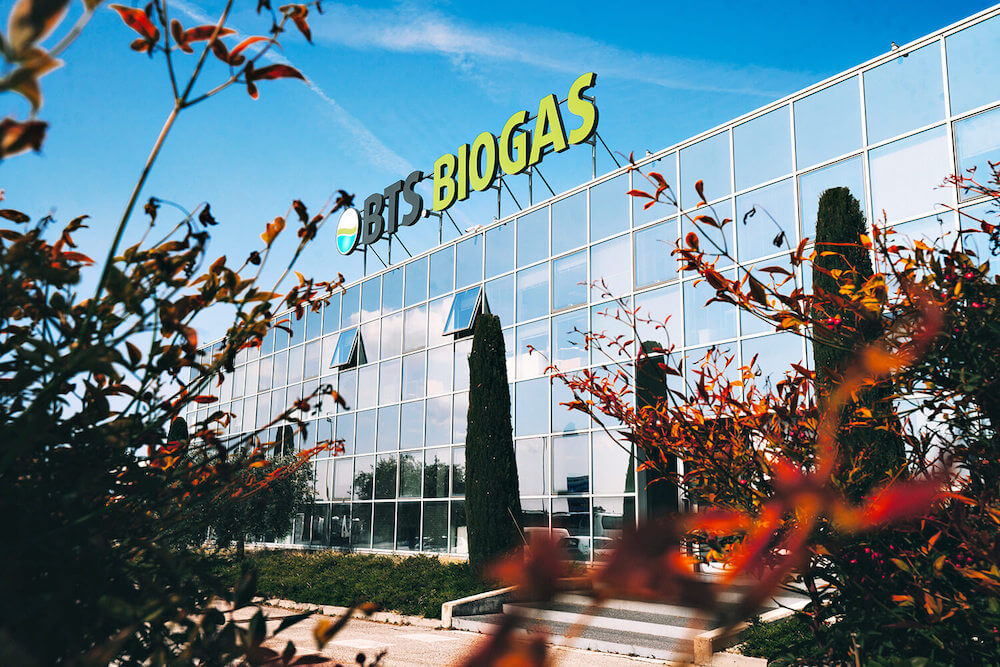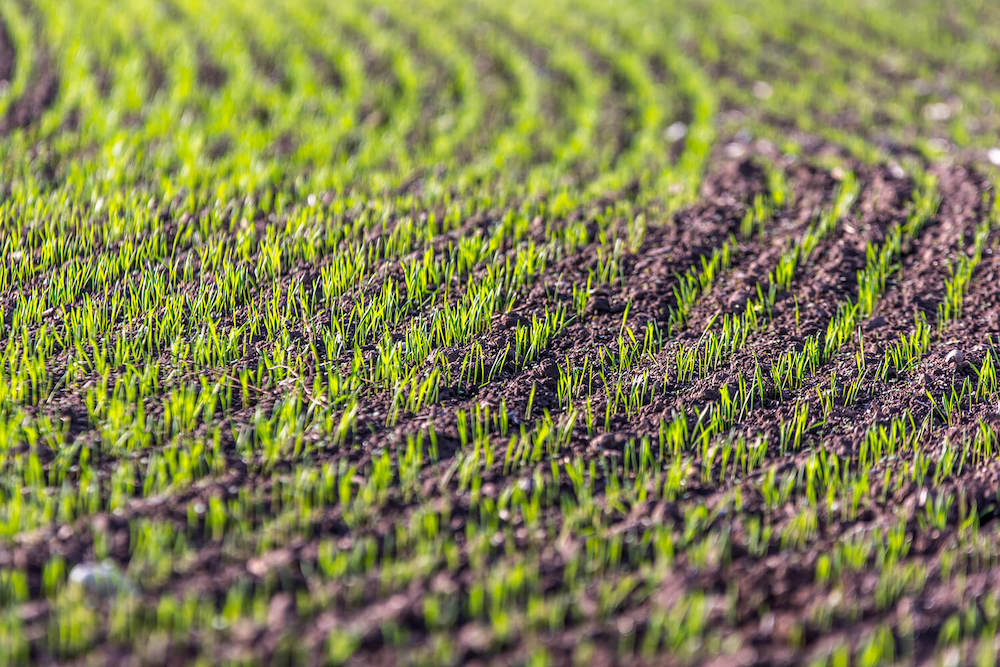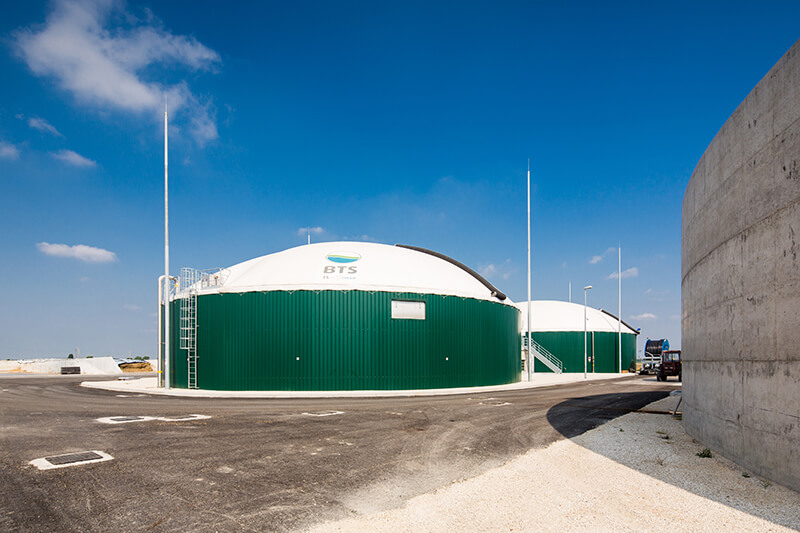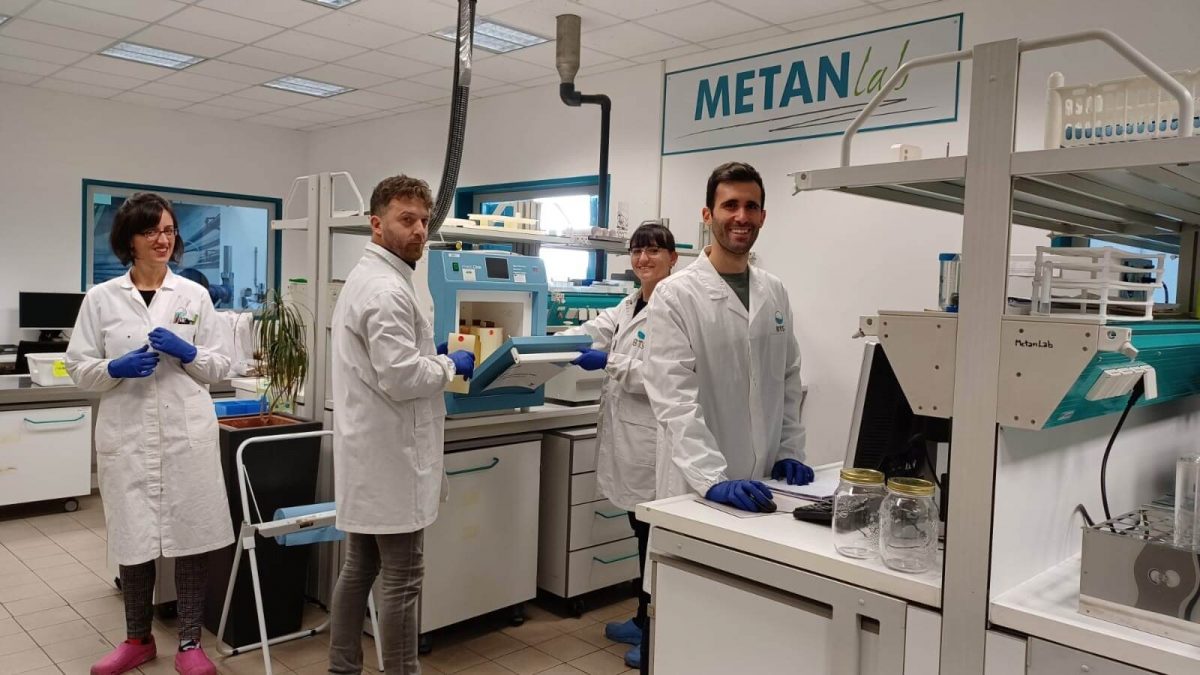Co-digestion of organic waste is a common process in anaerobic digesters used for biogas production. However, it is known that there are numerous microbiological and plant problems that limit the performance of the process. A collaboration between the University of Padua, BTS Biogas and S&C Best aims to shed light on these factors and make the process more efficient also by exploiting new microbiome analysis technologies based on DNA sequencing.
"Più-BIOGAS App" is the code name of the project that, funded by the Cariverona Foundation and coordinated by Prof. Lorenzo Favaro, has the main goal of increasing production performance in biogas by at least 10% in contexts of co-digestion of agri-food waste representative of the regional territory. The project, started about a year ago, is divided into several lines of research whose focus is microbiological monitoring through DNA sequencing (metagenomic analysis) of some full-scale anaerobic digestion plants (image below).
In particular, the DNA shotgun sequencing technique has been adopted, which allows the almost full reconstruction of the genomes of microbial species, even in communities, as well as providing them in abundance. This approach, based on sophisticated computational techniques, is providing insight into microbial population dynamics. In the coming months, special statistical analysis methods will be applied to capture the influence of plant chemical-physical parameters and digested biomass on biogas production and to predict key interactions between microbial species. In fact, the project plans to develop a software prototype to provide decision support in plant management to maximize performance, reducing operating costs.
Another important part of the project involves a microbiological and biotechnological approach for the isolation and characterization of anaerobic species aimed at the development of microbial inoculants (single species and/or consortia) aimed at making the conversion of organic residues into biogas more efficient (image below). These crops can be used for the bio-enrichment of a pilot bioreactor supplied by BTS Biogas s.r.l. These tests will be used to evaluate the possible use of inoculants to reactivate biogas production in digesters subject to a reduction in performance or processing recalcitrant biomass.
Once the most suitable plants have been selected to participate in the research, among those with a BTS Biogas biological assistance contract, Metanlab and the biology department have opened the doors of their more than ten-year archive, providing the University of Padua with all the data relating to supply, production of biogas and volatile fatty acids analysis of digestate and incoming biomass of the organizations under investigation.
Metanlab was also responsible for organizing the collection and storage of samples for genomic and/or cultural analysis and enhancing the database of selected plants with monthly analyses of the concentration of micro-elements in the digestate.
The data of routine and dedicated analyses were made available to the University of Padua in real time. The experience of our biologists then contributed to interpreting the results in light of the activity of the plants and, in particular, of any difficulties, production stoppages, extraordinary maintenance and everything that could have had repercussions on biology, in a frequent and fruitful exchange of information between the University, Metanlab and the biology department.
Guido Zampieri, Sara Agostini, Bettina Müller, Fabrizio Sibilla, Stefano Campanaro, Laura Treu, Lorenzo Favaro and MetanLab took part in the project.
